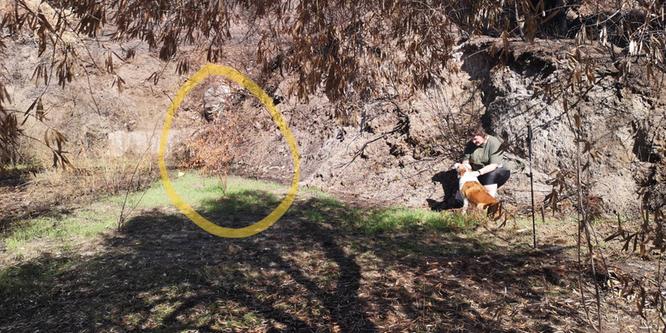
 12
12




 11
11







How permies.com works
What is a Mother Tree ?
 12
12





 10
10




Proudly presenting RocketMassHeaters.com
A good starting point to all RMH research
How Permies.com works
 8
8




 7
7




 9
9




 5
5




Invasive plants are Earth's way of insisting we notice her medicines. Stephen Herrod Buhner
Everyone learns what works by learning what doesn't work. Stephen Herrod Buhner
 12
12




 8
8




Eternal optimist, passionate about revitalizing the land, awake but conscious of how illusive truth really is. Much love to all!
 4
4




 7
7




🌱 Exploring Permaculture Learning & Growing 🌍
"Step by step toward a more sustainable life." 🌾
 5
5




 4
4




Creating edible biodiversity and embracing everlasting abundance.
 1
1




Hugo Morvan wrote:I did a tour this winter (feb/march) in Spain and people were very happy with all the rain. I am wondering if it's still as bad as last year by now. Did it have a lasting effect? Maybe not so for plants that root close to the surface, but are the trees with deep roots profitting?
Insect hotels attract a lot of insects, but also concentrate the egglaying in one place, it's easy for predators of the mason bees for instance then to lay eggs. When nature was wilder,with lots of stalks and plant debris left in place it was a better environment for insects. Here in France an organisation emerged contracting farmers not to cut the trees they plant in their hedges, 90 different species they offer, miles of insects refuges bringing down insect pressure on crops because they harbor predator insects as well...

|
today's feeble attempt to support the empire
Learn Permaculture through a little hard work
https://wheaton-labs.com/bootcamp
|



